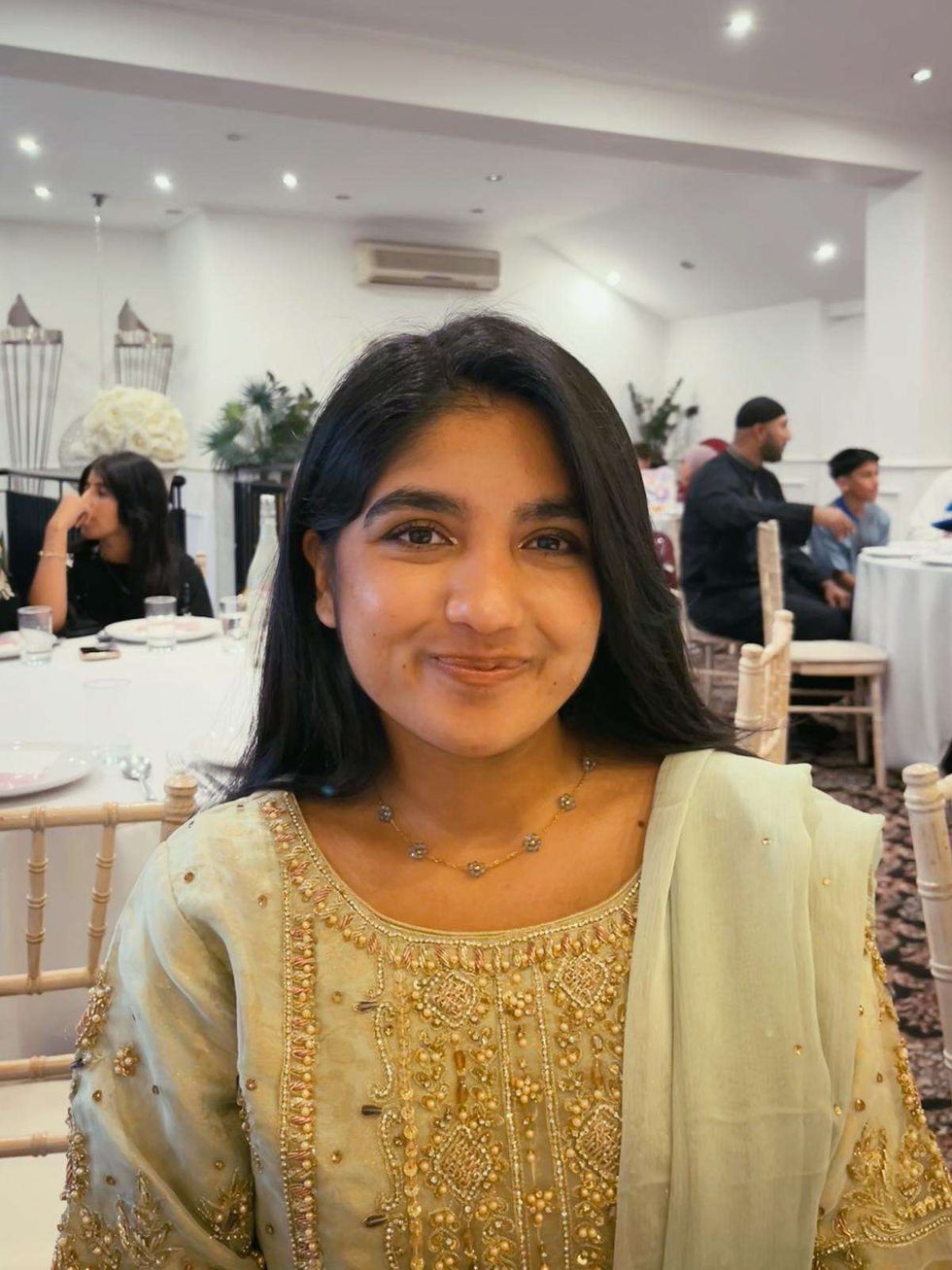By Qari Asim, MBE
Senior Imam, Makkah Mosque Leeds
The vile attack on Muslims returning from Finsbury Park mosque after late night prayers is appalling. This was a pre-meditated attack on Muslims. According to witnesses, the attacker Darren Osborne shouted, “I want to kill all Muslims” as he drove a van into a crowd of Muslim.
This attack epitomizes the toxic ultra-nationalist far right sentiments that have been on the rise in recent years. As an independent member of the government’s Anti-Muslim Hatred Working Group, I am deeply concerned about the rise in anti-Muslim sentiments year on year.
The recent figures released by the London mayor show that there has been fivefold increase in Islamophobic attacks since the atrocity at London Bridge. The recent rise in anti-Muslim attacks and the severity of their nature shows that far right extremist groups have been successful in radicalising people against Muslims.
It is reported that Osborne's views about Muslims changed since the London Bridge terror attack. Over the weekend, Osborne had called a 12-year-old Muslim neighbour an “inbred” and had been thrown out of a local pub for getting drunk, “cursing Muslims and saying he would do some damage”.
We need to consider who radicalised Osborne and the murderer of Jo Cox, Mohammad Saleem and so forth? Was Osborne emboldened by reckless anti-Muslim rhetoric adopted by populist leaders and parts of the media?
The politics of hatred against Muslims is not restricted to the far right fascists only. Some populist leaders and parts of the media have not been openly challenged when referring to Muslims as the enemy within or a “fifth column”, allowing the term “Muslim” to become synonymous with “extremist”.
Instead, parts of the media often use inflammatory headlines and often blur the lines between Muslims and Islamist extremists when reported an ISIS related terror attack. Some newspaper headlines have referred to Osborne as “jobless lone-wolf” rather than a terrorist, extremist or even a murderer. Such reckless or deliberate attempt to treat both of extremism differently or to normalise of hostility towards Islam and Muslims has been feeding into a dangerous cauldron of broader discontent towards Muslims.
Britain is one of the most tolerant countries in the world. There is a tradition of religious and intellectual freedom. Muslims have the religious freedom to build monumental mosques and can proudly observe their faith under the law. It is a country where you can be a Muslim and the Lord Mayor of London, wear a headscarf and become the Queen of the Great Bake-Off.
However, I am appalled by the growing threat posed by fascist groups to our values and our society is abhorrent. Far-right extremism is now much more than a political irritant. For too long we as a society have not treated far right extremism as a threat to our values and freedoms. For too long we have allowed Islamophobia to flourish. We allowed such rhetoric to be used about Muslims which will be, quite rightly, completely unacceptable towards other minorities. Daesh (the Islamic State group) and far right extremists are both driven by the same motivations and desires, a worldview that hates tolerance and diversity. These extremists believe in asserting their own supremacy.
There is a need to fully recognise white supremacist far right extremist ideology, and their peddling of hatred towards Muslims. Otherwise, there will be more horrific attacks like this one. This is not the first time that an individual who has far right extremist tendencies has murdered an innocent person in our country. A neo-Nazi terrorist murdered Mohammed Saleem in 2013 in Birmingham, and in 2015 Mohsin Khan was attacked in Rotherham, which resulted in his death.
These neo-Nazi extremists have attacked mosques around the country and have even planted bombs in mosques. Following the Manchester attack last month, arsonists set fire to an Oldham mosque and a mosque in Stockton-on-Tees was defaced with graffiti. Muslim women have on many occasions been the victim of physical or verbal attacks, including a pregnant women losing her baby in a violent attack while shopping in the supermarket.
The day after the atrocity in Finsbury Park, Prime Minister Theresa May said that attack on Muslims was “every bit as insidious and destructive to our values and our way of life” as the recent string of terror attacks apparently motivated by Daesh ideology. The home secretary, Amber Rudd, has also reassured Muslims that they will be protected. Now we need to move from words to actions. We now not only need to accept that far right extremism is a threat to our society but take clear and robust actions against those who peddle hatred against Muslims and incite violence against them.
British Muslims are not the "enemy combatant", as the leader of a far right-right movement refers to them rather citizens who care about their fellow Britons. After literally running down many of their fellow Muslims, Osborne found protection -not revenge - at the hands of a group of Muslims and an imam at the mosque, who heroically protected him, while waiting for the police to arrive. Those who portray Muslims as the enemy within, should be publicly held accountable. Unless we treat all acts of terrorism and extremism, hatred and bigotry - on both sides - in the same way and strive for a culture of respect for all, we will not be making our streets any safer.
Qari Muhammad Asim MBE is chief Imam at Leeds’ Makkah mosque and a senior lawyer at global law firm, DLA Piper. He is an independent member of the Government’s Anti-Muslim Hatred working group, a trustee of British Future and senior editor of https://www.imamsonline.com/, a platform promoting mainstream Islamic voices and combating online radicalisation.
The imam is an advisor to the Mosques & Imams National Advisory Board (MINAB) and an executive member of the British Muslim Forum.
He tweets at @QariAsim





 Mareyah Bhatti , a sustainability strategist and passionate home cookMareyah Bhatti
Mareyah Bhatti , a sustainability strategist and passionate home cookMareyah Bhatti






Islamophobia must be eradicated from our Tolerant Britain